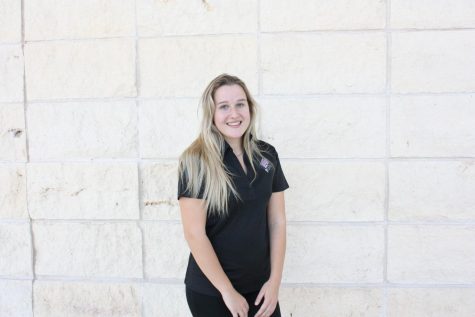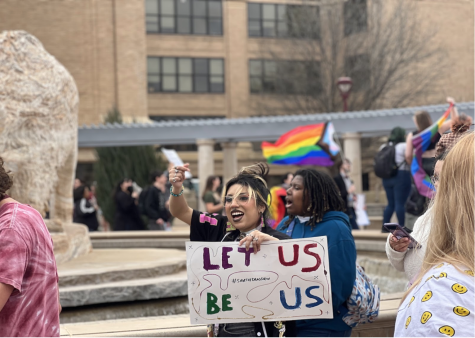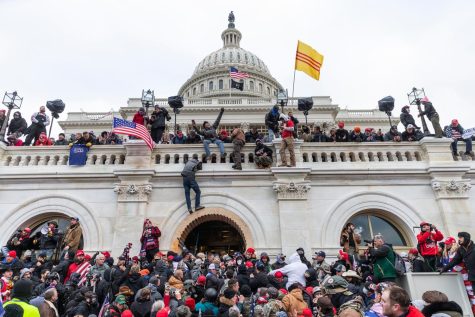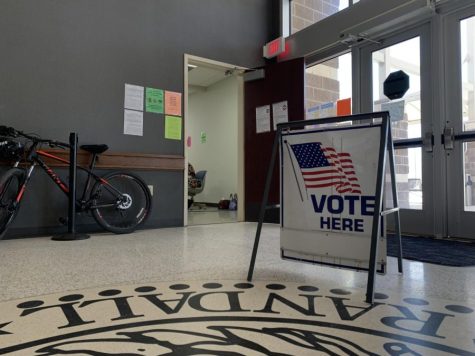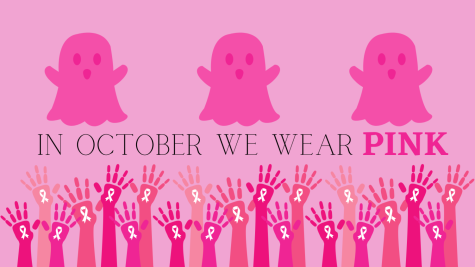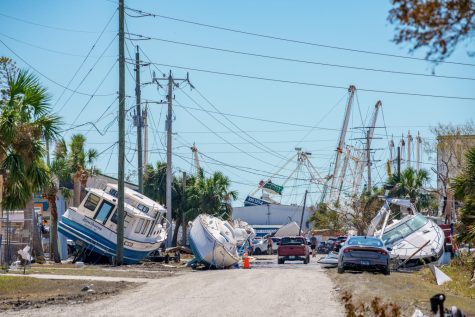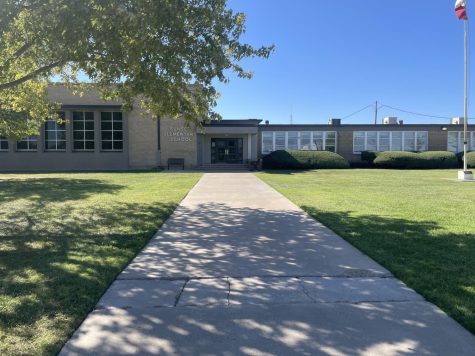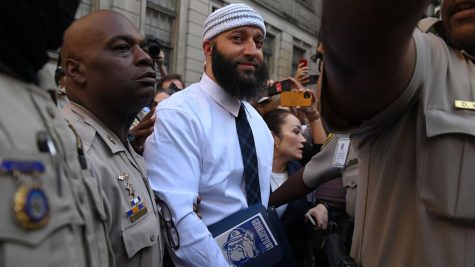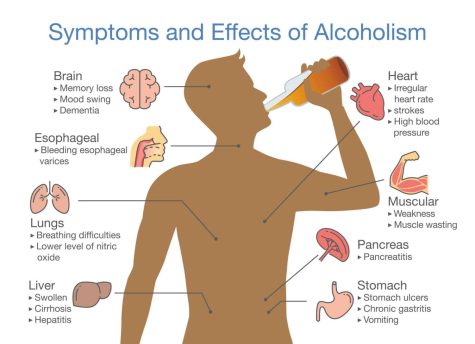Midterms 2018, “Some people gave their life” for voter rights
October 18, 2018
The battle for voting rights in the United States was arguably a long and imperfect struggle, a gradual development from white men to African American men and eventually women. The 15th Amendment was adopted into the U.S. Constitution in 1870, giving African American men the right to vote, but the promise would not fall fully into place until almost a century later when the Voting Rights Act passed in 1965.
While the political system still remains a work in progress today, the right to vote is an essential and basic right of a U.S. citizen. Still, at least 40 percent of citizens didn’t execute that right in the last presidential election according to the United States Elections Project. Voting turnout is low nationwide, and turnout in Texas is among the lowest in the country. Those between the ages 18 to 24 vote the least, and the numbers drop even more during non-presidential elections.
The midterms are an example of a non-presidential election with historically low voter turnout. This November, midterm voters will make decisions such as who sits in the U.S. Senate, who represents their district in the U.S. House and in the long run, what policies pass in their cities and counties.
“You’re not throwing your voice out there [if you’re not voting]. You, as an individual, it is easier to change what is happening in your city than it is nationwide,” said Daniel Winton, senior political science major. “…It is always important to vote, and you’re not just voting for a person, but you’re voting for policies or ideas.”
The impact of local voting became apparent in a recent election in Winton’s hometown Pampa, Texas, where citizens voted on whether businesses, who aren’t liquor stores, could sell liquor or not.
“It’s very important because you just need to ask yourself: well how would I feel if I couldn’t go to a restaurant and have a margarita? You couldn’t do that in Pampa, and there is a lot of small stuff like that you want to vote for,” Winton said. “…Voting for Donald Trump or Hillary Clinton in the presidential election is not going to get Pampa to be a wet city.”
The upcoming midterms will decide the competitive race for U.S. Senate between Republican Ted Cruz and Democrat Beto O’Rourke. Cruz is running for his second term as a U.S. Senator. The two candidates have vastly different standpoints when it comes to many policies including, but not limited to, the environment and agriculture, immigration, women’s health and the Second Amendment.
Texans will also vote on seven additional statewide positions, including the governor, attorney general and lieutenant governor. Six other positions on the November ballot are for the Supreme Court and the Court of Criminal Appeals, the state’s two highest courts.
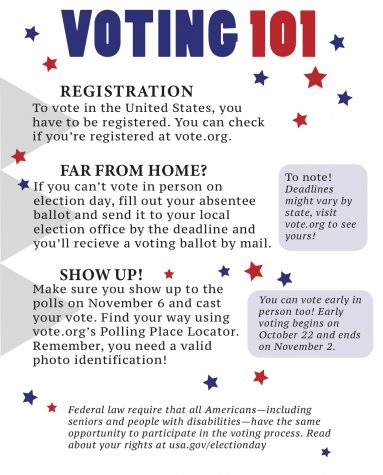
Apart from the statewide races, voters determine who represents them on a local level by voting for a representative in each of the 36 U.S. House districts that Texas is divided into.
“Most people only vote in the presidential elections, but I would say to vote in every chance you get,” Winton said, “especially in the midterms or even city and local because the closer you get to you, the more it impacts you.”
Dr. Dave Rausch, Teel Bivins professor of political science, believes participation can make a big difference in local issues, especially in elections where it often comes down to only a few votes.
“Voting can be difficult, but it is not difficult physically,” Rausch said. “… I think the real issue is that a lot of folks don’t know what they’re voting for.”
There are split opinions on why turnout is so low. Demographics, attitudes, lack of party identification and voter culture could all play a role in the numbers, as well as restrictions on registering opportunities, early voting, voting times and locations.
“If lawmakers wanted everybody to vote, they would make it easier,” wrote Texas Tribune executive editor Ross Ramsey on Sept. 12, 2016, arguing that the blame of low voter turnout be put on the lawmakers, not on the voters.
According to Rausch, voter turnout is especially low among minority groups in Texas and non-participation can be an evil circle, as the likelihood to vote is lower if the parents don’t vote themselves.
“Because their parents aren’t voters themselves, the kids don’t learn to vote,” Rausch said.
Senior WTAMU student Chris Jackson often talks to people about the importance of voting, as he says it is his “moral duty to embolden people that their voice matters.” Jackson is a political science major, and wants to take on a career in politics in the future.
“I feel with the current political climate, no matter where you lie on the spectrum, people definitely need to take action and actually voice out their political opinion and make sure you get people in office that represent those opinions,” Jackson said.
The fight for voter freedom stretches far outside the American borders, and elections are becoming increasingly democratic and fair globally, according to globalcitizen.org. Despite the democratic growth, voter rights are not to be taken for granted as there are still people living under dictatorships and tyranny worldwide, without a say in who their leaders are. Not long ago, this was the case for many Americans too.
It hasn’t even been a 100 years since voter rights were granted to all Americans. Social reformers such as Frederick Douglass, Lucy Stone, Martin Luther King, Jr., Ida B. Wells and many more fought tirelessly for all citizens’ right to vote, and they are to thank for the freedom of American democracy that we can enjoy today.
“I say to each and every one of you, in the best way I can. I gave a little blood on the bridge, but some people gave their lives,” civil rights leader John Lewis said at the White House’s “South by South Lawn” festival in 2016.
“The vote is precious. It is the most powerful non-violent tool we have in a democratic society, and we must use it. And so you must go out all across America and tell young people, and people not so young, tell all of us: Vote. The vote is powerful.”



